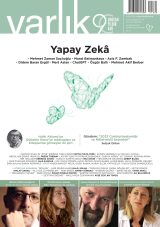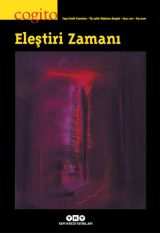The "Siedlung" and the "Mahalle"
The intertwined history of the modern residential neighbourhood in Europe and Turkey
The intertwined history of the modern residential neighbourhood in Turkey and Germany serves to point out the shortcomings of a polarized discussion of Turkey and Europe, and more broadly, shows how histories restricted to single nation-states do not help understand processes that occur at a trans-national level. Esra Akcan describes how the egalitarian architecture of prewar Germany was interpreted for the Turkish Republic, where it became a status symbol for a new class of bureaucrats. Migration and cultural exchange in directions opposite to those commonly known are shown to undermine reified concepts of “East” and “West”.


